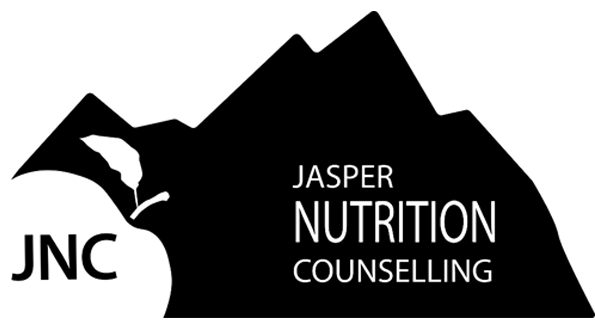What keeps us standing tall?
Milk (or milk alternative) for calcium, vitamin D and protein
Disclosure: This post was sponsored in part by Lolë Jasper, however all opinions expressed are my own and based on current scientific evidence.
Our BONES! The skeletal system, that helps us stand upright, is one of the most predominate features that make us look and act human; well I guess that and the frontal cortex, same thing… But bones are also something we too often forget about until we crack or injure them, and ultimately succumb to immobility and low spirits.
What is bone?
Bone is comprised of a collagen (protein) matrix upon which salts are deposited, mainly calcium phosphate. Although commonly thought of as static and stiff, bone is constantly being remodeled, where mature bone tissue is removed and new tissue is formed.
The regulation of bone metabolism is quite complex and relies mainly on the effects of a variety of hormones - estrogen, testosterone, thyroid hormones, cortisol, and insulin-like growth factor 1, to name a few - and the availability of skeletal building blocks. Other lifestyle factors such as regular engagement in weight-bearing activities, and the avoidance of smoking and excess alcohol/caffeine consumption can positively influence bone health.
We reach our peak bone mass (the amount of bone mass attained at the end of the growth period) in early adulthood and then it’s all downhill from there - literally! Especially after menopause for women. So, it is extremely important to support our body as it grows during adolescence to reach maximum bone density, and that we do our best to limit bone loss during the aging process to prevent the loss of strength, mobility and quality in life in our later years.
How can I eat to take care of my bones?
Nutrition support for bone health focuses on ensuring that we eat enough of the building blocks for bones, like calcium and protein, and also takes into consideration a few big-picture concerns like preventing chronic under-eating, malabsorption, and inflammation.
Eggs and greens for protein, vitamin D/K and calcium
Calcium [Goal: 1000-1300mg daily] is the most abundant mineral in bone and therefore an adequate intake of dietary calcium is imperative to reach peak bone mass and prevent premature bone loss. Dairy products, like yogourt, kefir, and milk are great sources of calcium, but other foods contain calcium as well. Try adding some sautéed greens to your meals, having a canned salmon sandwich for lunch, substituting meat for edamame beans, or sweetening
your oatmeal with molasses!
Vitamin D [Goal: 600-1000 IU daily] regulates dietary calcium absorption in the intestines and prevents excessive calcium loss from bones, thereby helping them stay strong. We can make vitamin D in our skin from the sunshine (how cool is that?!), but up north in Jasper we can’t make enough, so most people need to take a vitamin D supplement in addition to eating foods high in vitamin D like fatty fish, egg yolks, shiitake/sun-dried mushrooms, and fortified milk or milk-alternatives.
Protein [~1-1.5g/kg body weight daily], in the form of a collagen matrix, is the backbone (pun intended) upon which calcium salts are deposited to create dense, strong bones. There is no storage form of protein in the body so we need to eat protein-rich foods to ensure there are enough building blocks available to remodel bone. Protein-rich foods include pulses (beans, lentils, chickpeas, split peas), nuts/seeds, meat/fish, dairy products, eggs, and soybeans. Aim to fill a ¼ of your plate with a protein-rich food at every meal and add protein to your snacks.
Vitamin K [60-120mcg daily] deficiency is associated with reduced bone mineralization and very weak bones, or osteoporosis. Vitamin K deficiency in adults is quite rare and usually limited to those with malabsorptive disorders, however just in case, these foods are high in vitamin K: green leafy vegetables, some fruits (especially prunes), vegetable oils (like olive or canola oil), and soybeans.
Under-eating/Malnutrition: Chronically eating less food than your body needs can result in osteoporosis, even at a young age. Even if you were only eating foods high in calcium, protein, vitamin D and K, but your total food intake provided you with less energy (calories) than you needed, brittle bones can ensue. At low energy intakes our bodies prioritize life-saving functions like heart beats and lung inspirations, over seemingly less important tasks like bone remodeling. Moral of the story…eat enough, don’t do the restrictive weight loss program time after time again, and enjoy what you’re eating.
Lima beans - a great source of protein!



